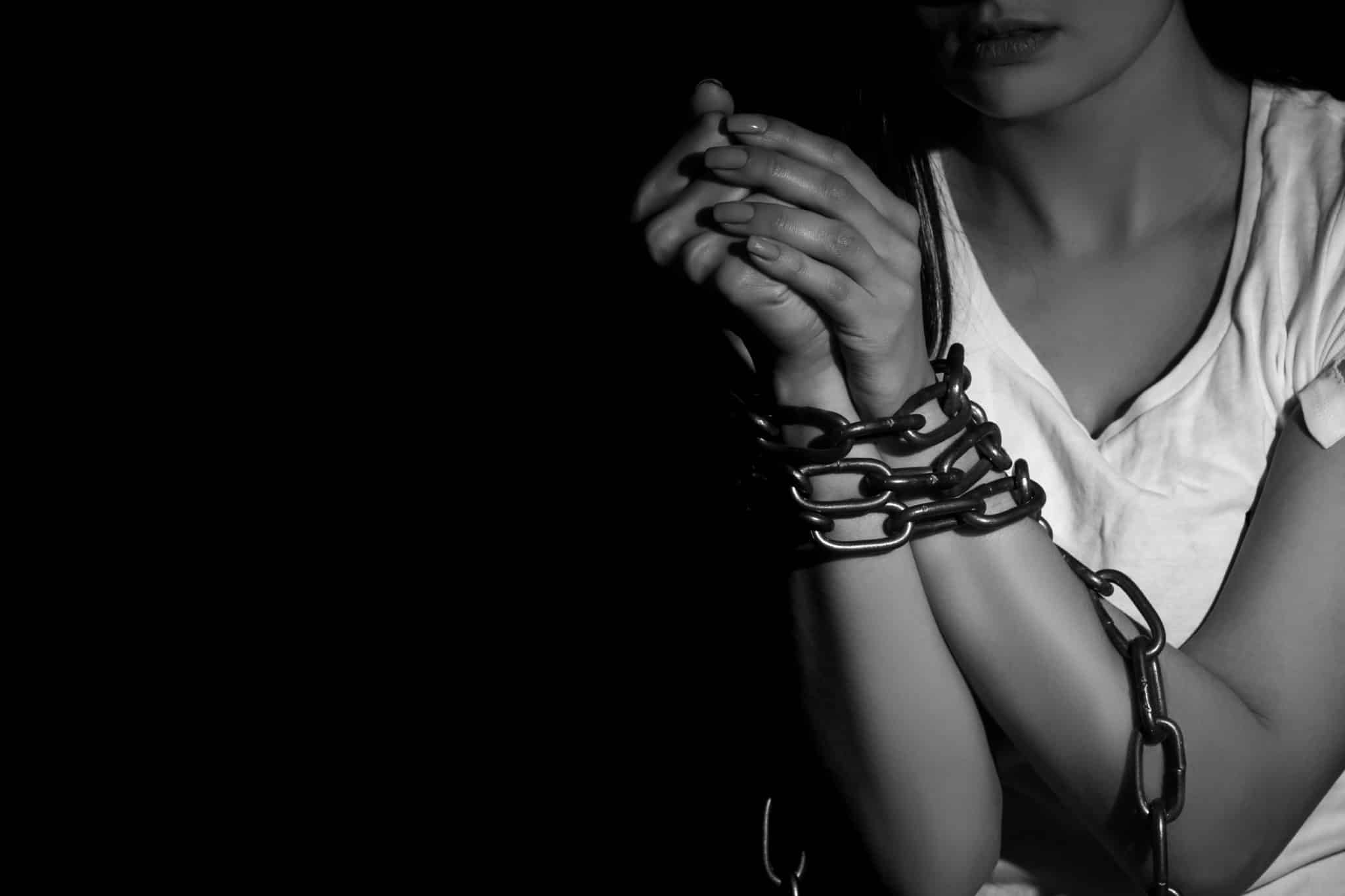Sex Trafficking and Racketeering: It’s 30 Years in IL
It’s not uncommon when a person is charged with one crime for the prosecution to tack on charges for other crimes – crimes that may seem as if they have nothing to do with the first charge. But many crimes are linked together in ways that are quite complex, and sex trafficking and racketeering are two of those.
A high-profile case of a former music superstar has captured the headlines over the last couple of years. He was recently sentenced to thirty years for sex trafficking and racketeering. This may make you wonder how these two crimes can be charged together – and why the sentence was so long. After all, other high-profile sex trafficking cases have resulted in less prison time.
Read on to find out more about the crimes of sex trafficking and racketeering, including how being found guilty of both can add up to a lot more time behind bars.
Sex Trafficking in Illinois
In the state of Illinois, it’s a crime to knowingly transport, recruit, obtain by any means, harbor, provide, or entice someone who will be subject to sexual or involuntary servitude. Even the attempt to commit any of these acts is considered a crime and punishable under Illinois state law.
If a person is found guilty of sex trafficking, then they will likely face the penalties for a Class 1 felony. In some circumstances, the state will classify sex trafficking as a Class X felony, the most serious in the state.
These cases typically involve:
- Kidnapping or the attempt to kidnap a person for the purpose of human trafficking
- The attempt to commit first-degree murder
- The aggravated sexual assault of the victim
Furthermore, the law requires those convicted of sex trafficking to pay the victim restitution. That means they will need to pay the value of the victim’s labor according to minimum wage laws or pay them the income from their services – whichever amount is greater.
Penalties for Sex Trafficking
In Illinois, those convicted of Class 1 felony sex trafficking will face up to 15 years in prison. Aggravating factors such as bodily injury can bump that sentence up to 30 years.
If convicted of a Class X felony in the state, a person can face up to 30 years behind bars – but up to 60 if aggravating factors are present.
Racketeering in Illinois
Racketeering is a broad crime in Illinois. It can be charged for predicting any criminal act that is carried out on behalf of a criminal enterprise or to further its goals. These criminal activities can be any act, from robbery to murder to promoting prostitution.
Basically, any racketeering act is considered a Class 2 felony or higher in the state of Illinois. It simply must be shown to the court that the activity was a pattern, either directly or indirectly, that was engaged in knowingly. That is often how it is linked to sex trafficking cases in the state.

Penalties for Racketeering
Often, racketeering is a Class X felony, which can result in a prison sentence of as much as 30 years. However, the predicate activity is taken into account and the greater sentence is what is often handed down. Those found guilty will also be required to pay restitution or to pay a criminal fine of as much as $250,000, whichever is greater.
About the Author:
Andrew M. Weisberg is a former felony prosecutor who now serves as a defense attorney in the greater Chicago area. He has extensive experience in handling all types of criminal cases, from sex offenses and domestic violence to retail theft-related crimes, murder, and drug crimes. His work has been recognized by Avvo, Expertise, National Trial Lawyers, and others, and he has been featured on countless news outlets for his experience and knowledge in criminal law.







 Blog Home
Blog Home 










